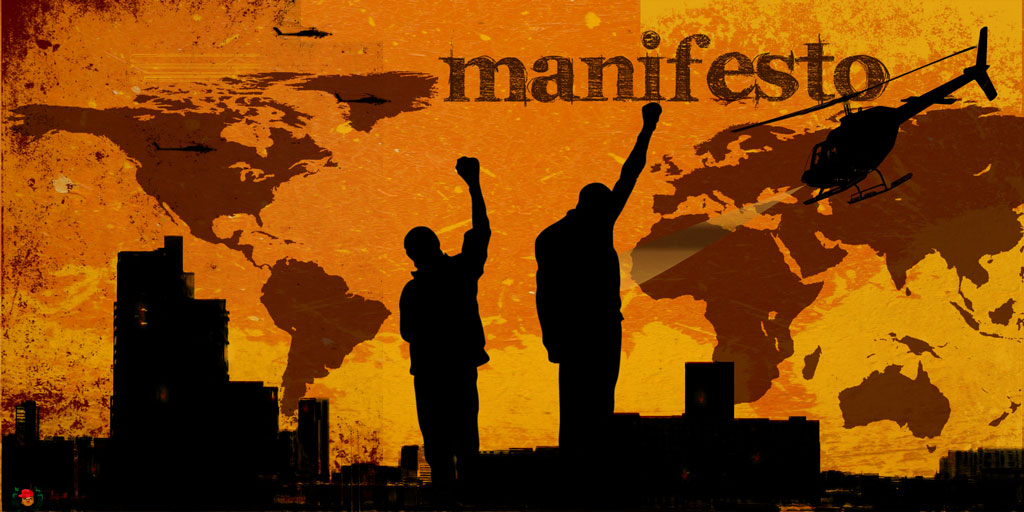More Than a Month: Black History - Chris "Preach" Smith
 Tuesday, February 2, 2010 at 3:25PM
Tuesday, February 2, 2010 at 3:25PM It's Black History Month. But I'll be damned if it's a
matter of widespread public knowledge. Before you get all up in
arms and call me extra sensitive, let's examine something. Did
anyone, ANYONE see any mention of the fact that this past
Sunday was Jackie Robinson's birthday outside of a few websites
and channels? It was hard to find amid all of the chatter about
the Grammy Awards and the terrible tanned tag-team that is
the cast of MTV's 'Jersey Shore'. I felt it necessary to say this
on the second day of Black History Month; just because we
have an African-American president doesn't mean the struggles
are over, people. Not by a long shot.
I've always welcomed Black History Month but I've always felt
uneasy about it at the same time. One main reason being, its
existence alone can suggest that Black people in this country
as a whole can be compartmentalized and put on display like
an action figure on a shelf in a store. It's nothing new, but it's
beyond old as hell. You get the feeling as if the establishment
said, 'let's keep the Negroes appeased.' I know other ethnic
groups feel the same way. (By the way, whose bright idea was
it to split Hispanic History Month over two months?) The other,
more pertinent reason is how much of an imprint this time has
on people. I recall a statement by DJ Stress that sums it up:
'let's tell our kids that we have more famous people in our
society than rappers.' And sometimes, it does feel like some
of our youth don't pay any mind to something unless Lil Wayne
or Kid Cudi is attached to it. Harsh? Yeah, but it is truthful if
you ride the 2 train in the mornings or catch a bus once school
breaks out and listen to their conversations. Black history is
not only highly expansive, it is constantly in progress. And in
a technologically fast-paced world, that's got to be stressed
more than ever.
Black History is happening every day because like the history
of other cultures, you can blink and miss moments easily.
One story that comes to mind is that of Henrietta Lacks, a
poor farmer in Maryland who had cervical cancer in the 1950's.
The doctors at John Hopkins Medical secretly took cells from
her body for testing and experiments and these cells became
'immortal' and helped towards the development of a polio
vaccine in addition to other medical triumphs. Of course, this
story is only now coming to light. For a relevant example
today, look at students in New York City who held a protest
outside of MTA headquarters on their day off from school to
fight for the return of student Metrocards which were taken
away by the MTA due to lack of funds. It begins with us, like
it always has. At home, in discussions with friends and our
co-workers, wherever possible. Because history, like anything
else of worth, lives when it is current and spoken and written
about constantly across all generations. We need to get past
the point where we're relying on the media to remember for
us. Black history is every day of your life.










